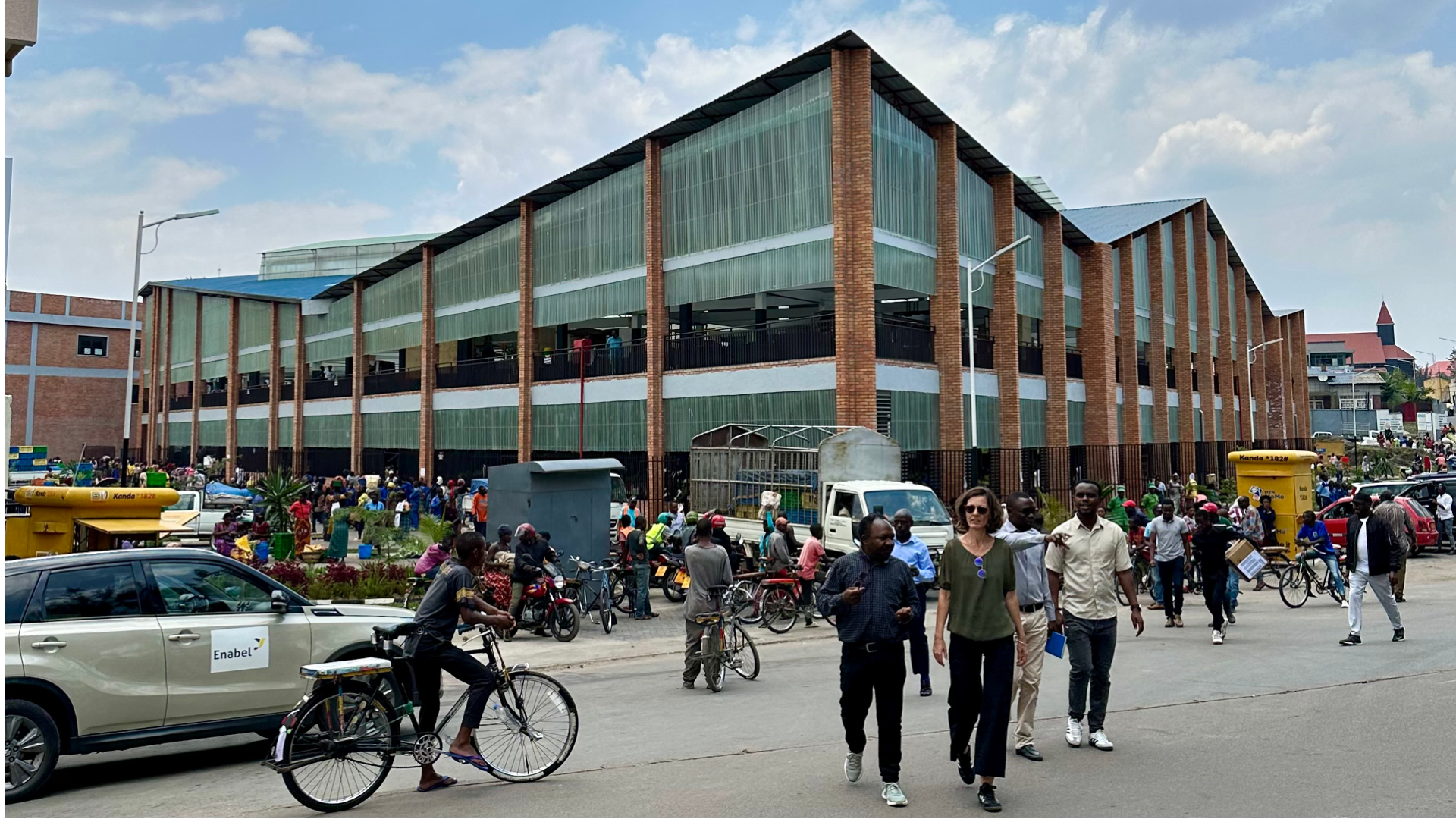Enabel’s UEDi Phase 2: Building sustainable, smart satellite cities for Rwanda
Enabel’s
urbanisation project, Urban Economic Development initiative (UEDi) Phase 2, is
strategically aligned with several key objectives of Rwanda’s National Strategy
for Transformation (NST2). The primary focus of this new phase, running from
2024 to 2029, is to develop sustainable and attractive satellite cities that
will serve as hubs for economic growth and social development while respecting
the environment.
By partnering
with government authorities, this project will contribute to address multiple
national priorities in a holistic and cross-cutting manner:
The project
seeks to create off-farm jobs and support the development of the construction
value chain, directly contributing to the NST2 ambitions in terms of
employment generation. By fostering a robust construction sector, we not
only create job opportunities but also stimulate broader economic activities.
The
initiative emphasizes the use of Made in Rwanda construction materials,
with particular attention to enhancing the clay, stone, and bamboo value
chains. This focus is guided by principles of green circular economy, promoting
sustainability and minimizing environmental impacts.
Urban
agriculture and urban agroforestry will be promoted in satellite cities. This
initiative aims not only to address malnutrition and contribute to the
development of “sponge cities,” which are designed for sustainable water
management and enhanced urban resilience, but also to promote eco-tourism
attractions in these satellite cities.
Finally, UEDi
Phase 2 will also contribute to transformational governance. The project supports
the development of smart city tools such as the Urban Dynamic Map. This will
boost citizen engagement and enable informed decision-making in city planning.
By embracing
cities as dynamic, living ecosystems that continuously evolve, the project
aligns with both the aspirations of the Rwandan people and the long-term goals
of national urban development.
Dernières actualité de ce projet
Pas d'actualité

